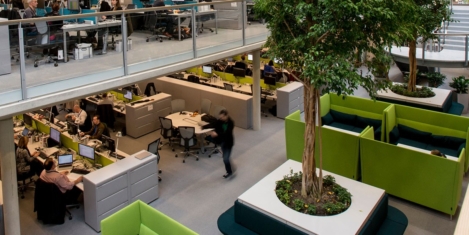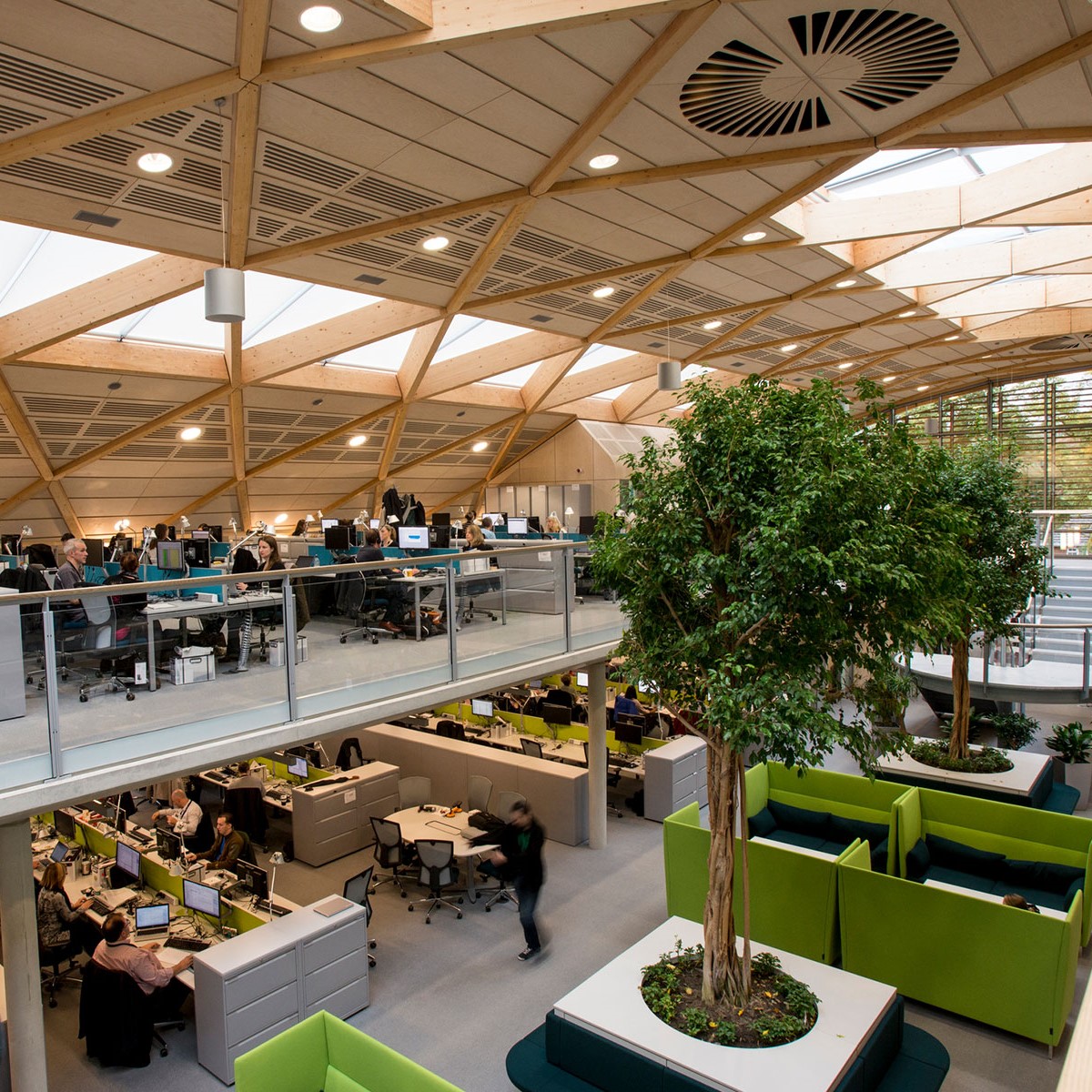To provide the best experiences, we use technologies like cookies to store and/or access device information. Consenting to these technologies will allow us to process data such as browsing behaviour or unique IDs on this site. Not consenting or withdrawing consent, may adversely affect certain features and functions.
The technical storage or access is strictly necessary for the legitimate purpose of enabling the use of a specific service explicitly requested by the subscriber or user, or for the sole purpose of carrying out the transmission of a communication over an electronic communications network.
The technical storage or access is necessary for the legitimate purpose of storing preferences that are not requested by the subscriber or user.
The technical storage or access that is used exclusively for statistical purposes.
The technical storage or access that is used exclusively for anonymous statistical purposes. Without a subpoena, voluntary compliance on the part of your Internet Service Provider, or additional records from a third party, information stored or retrieved for this purpose alone cannot usually be used to identify you.
The technical storage or access is required to create user profiles to send advertising, or to track the user on a website or across several websites for similar marketing purposes.
 Four years ago this month, we were all given our first ‘work from home’ mandate. A clear, unambiguous instruction from the UK government that, in the grip of a quickly spreading global pandemic, we should all work from home where possible. And amid the biggest seismic shift of our lifetime, it was an easy instruction to follow. Hunker down and wait patiently until we find a ‘new normal.’ But four years on, the question remains – are we nearly there yet? Are we ever going to find a ’new normal’? (more…)
Four years ago this month, we were all given our first ‘work from home’ mandate. A clear, unambiguous instruction from the UK government that, in the grip of a quickly spreading global pandemic, we should all work from home where possible. And amid the biggest seismic shift of our lifetime, it was an easy instruction to follow. Hunker down and wait patiently until we find a ‘new normal.’ But four years on, the question remains – are we nearly there yet? Are we ever going to find a ’new normal’? (more…)


















 A new poll claims that over one quarter (26 percent) of employees in the UK do not trust their CEO to be open and honest, while 24 percent do not trust their senior leadership to do the same. According to the survey of 2,000 employees in the UK from Personio, transparency and employer-employee communication are pivotal to a positive employee experience and trust in the workplace. The research suggests that feeling unheard by leadership could be fuelling employees’ distrust. Over a quarter (28 percent) of employees surveyed say that they are not given a chance to share feedback to leadership on their experiences. Meanwhile, less than half (46 percent) of employees feel that leadership in their organisation actually listens and acts on any feedback when given from staff.
A new poll claims that over one quarter (26 percent) of employees in the UK do not trust their CEO to be open and honest, while 24 percent do not trust their senior leadership to do the same. According to the survey of 2,000 employees in the UK from Personio, transparency and employer-employee communication are pivotal to a positive employee experience and trust in the workplace. The research suggests that feeling unheard by leadership could be fuelling employees’ distrust. Over a quarter (28 percent) of employees surveyed say that they are not given a chance to share feedback to leadership on their experiences. Meanwhile, less than half (46 percent) of employees feel that leadership in their organisation actually listens and acts on any feedback when given from staff. 











March 9, 2024
Is a simple thank you too much to ask for?
by Debra Corey • Comment